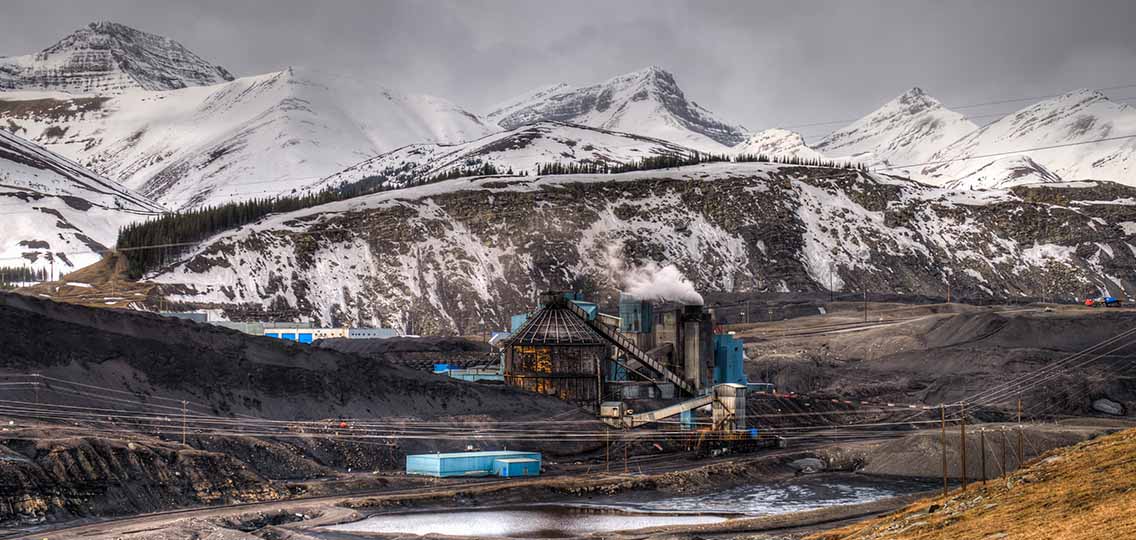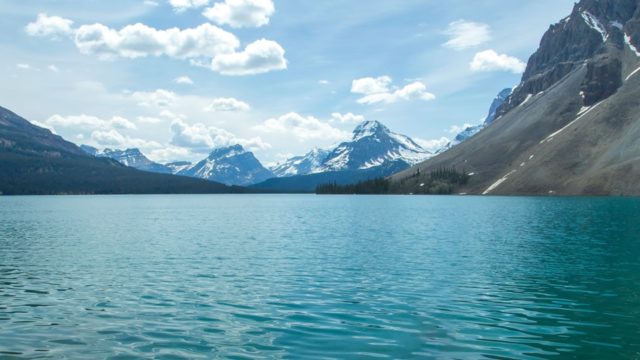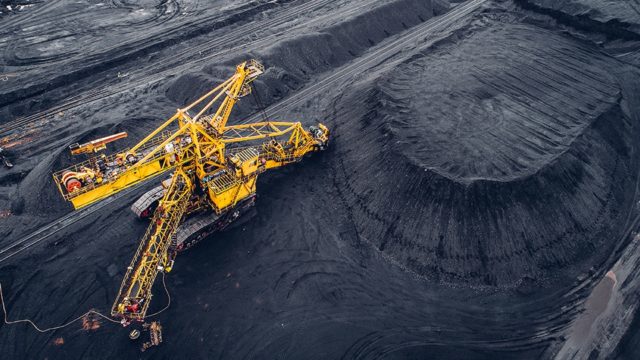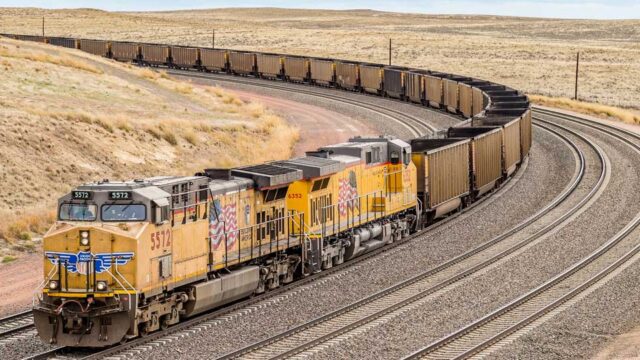Recently, cattle ranchers, environmental activists, members of the Blood Tribe and Siksika Nation — and even a couple country singers — came together to oppose the Alberta government’s decision to quietly rescind the 1976 Coal Policy.
It was an inspiring Albertan story — a prime example of the do-it-yourself attitude Albertans take pride in.
Together, the First Nations, ranchers, environmentalists, musicians, and other Albertans spoke against a decision that left iconic Rocky Mountain peaks open to destructive mining practices, and risked poisoning watersheds that drain into the rest of the province and beyond via rivers across Saskatchewan, Manitoba, and the Northwest Territories.
In the face of public outcry, the government had no choice but to respond. On Feb. 8, it reinstated the Coal Policy.
There are legitimate concerns that, even with the policy back in place, the eastern slopes remain vulnerable to coal mining. In the coming months, Albertans must continue to hold their government to account, and be vigilant to ensure it isn’t trying to pull a bait-and-switch.
Despite this, the momentum against coal in Alberta is a good-news story. People in this province came together and forced the government to stop and take note.
One piece of the puzzle was missing from most of the news coverage, however.
Many articles focused on metallurgical — or steelmaking — coal mining. But thermal coal, metallurgical coal’s evil older brother, is still alive and well in Alberta.
Coalspur’s Vista coal mine, located in Hinton, Alta., can produce six million tonnes of thermal coal each year. Meanwhile, next door in British Columbia, trains transport thermal coal from the United States past local playgrounds and schools for export across the Pacific.
Over the years, Ecojustice, Canada’s largest environmental-law charity, has teamed up with grassroots organizations and individuals in B.C.’s Lower Mainland to fight coal-transport projects. It has also represented Indigenous-led organizations and community groups that oppose coal mining in Alberta.
These efforts have led to important victories and changes to individual projects. Now, however, there is an opportunity to end coal extraction and transport in Canada altogether.
In the coming weeks, the federal government is expected to release the terms of reference for a federal strategic assessment of thermal coal.
The process may sound bureaucratic — and it likely will be — but, on the ground, it could be a game-changer. Done properly, the assessment is a chance for the government to get a complete picture of just how bad thermal coal is for human health and the climate.
Here at Ecojustice, we hope this will be the first step toward a total ban on mining and export of thermal coal in Canada.
Now is the time to discuss such ambitious measures. From March 2 to 4, Canada will co-host the Powering Past Coal Alliance Global Summit.
If the Canadian government is going to ask the world to power past thermal coal, the least we can do is stop selling it. Thermal coal is an outdated and dangerous fossil fuel, and it has no place in a 21st-century climate, environment, or economy. It’s time for Canada to match its international talk with decisive action at home.
In fact, according to Mark Carney — the UN Special Envoy for Climate Action and Finance and former governor of the Bank of Canada — more than 75 per cent of coal reserves must stay in the ground if we’re to limit global warming to 1.5 C, compared to pre-industrial levels — the target under the Paris Agreement.
This month, Albertans demonstrated what happens when people from all walks of life stand up to dangerous coal-mining expansion — and, eventually, the province noticed. It’s time for the federal government to follow that lead and say no to thermal coal, once and for all.
This article was originally published in iPolitics on Feb. 26, 2021.
It was written with contributions from Emily Chan, of Ecojustice’s communications team.





